

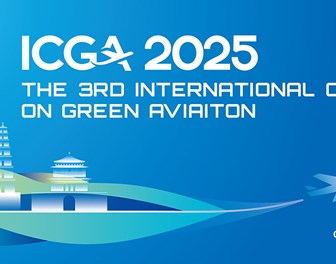
Organized by: School of Energy and Power Engineering, Beihang University

Supported by: Beijing Hydrogen Power General Aviation Academy
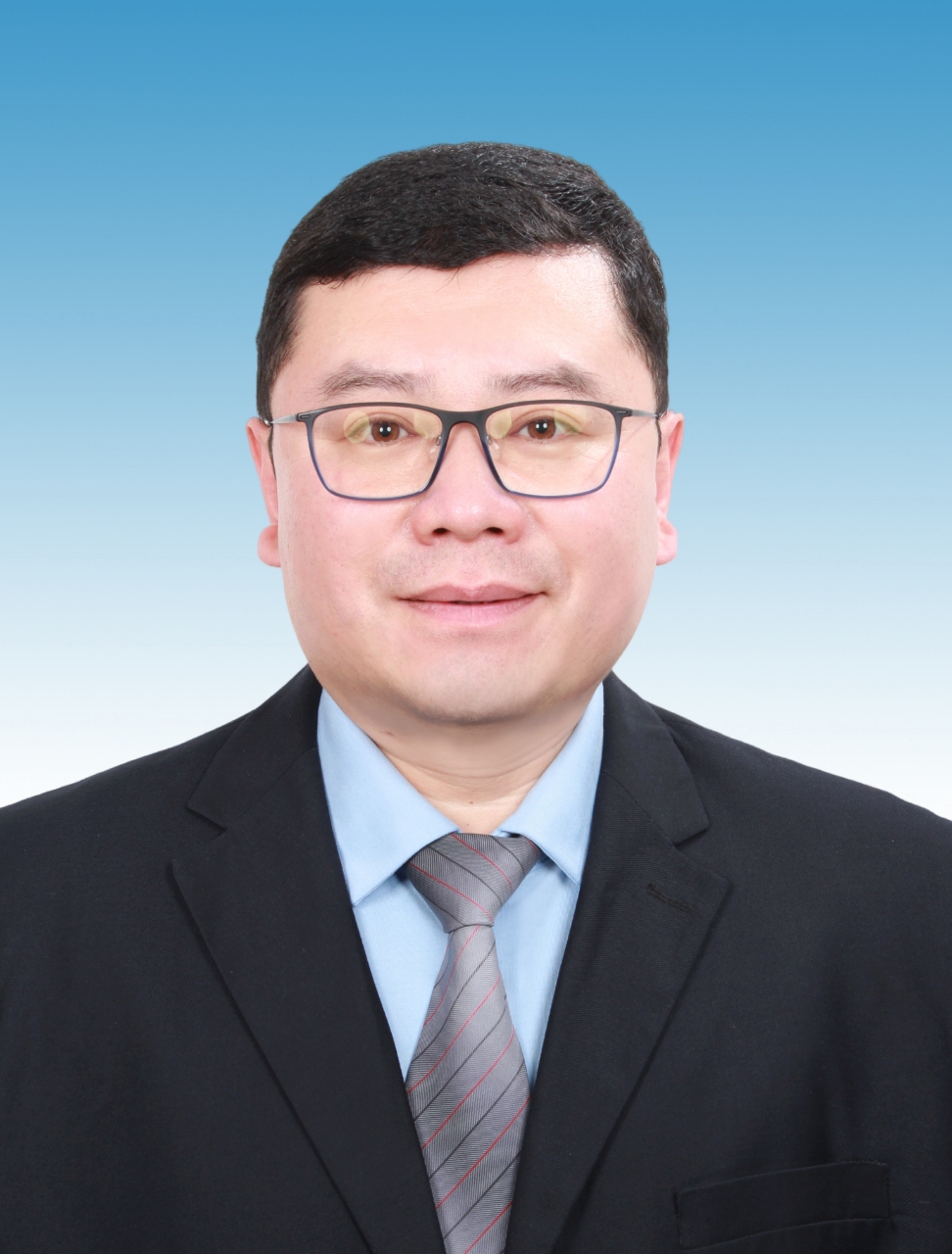 Chair
Chair
Guo LI
Dean, Professor
Beihang University
![]() Co-chair
Co-chair
Lu QIU
Professor
Beihang University
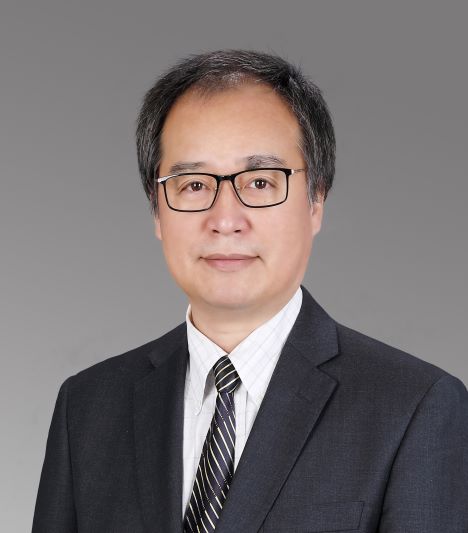 Executive Co-chair
Executive Co-chair
Xungang DIAO
Professor
Beihang University
Green aviation-power brings a groundbreaking advancement in the transition of aviation industry towards sustainable and environmental-friendly air-transportation. Hydrogen or electrical propulsion leverages new energy as a fuel source, offering a number of compelling advantages that could revolutionize air travel. By emitting no greenhouse gases or pollutants, hydrogen aviation aligns with the goals of achieving net-zero emissions in the transportation sector, which enables the aviation industry significantly reduce its environmental impact while maintaining and enhancing performance and efficiency. However, challenges still remain to meet the requirements of high energy density, long-duration flight capability, versatility in aircraft types, etc. As technology advances and infrastructure expands, hydrogen-powered aviation is poised to become a cornerstone of the sustainable transportation landscape.
Topics cover:

Organized by: Civil Aviation University of China
Co-organized by: The Second Research Institute of CAAC, the Second Research Institute of CAAC, the Asia SAF Association
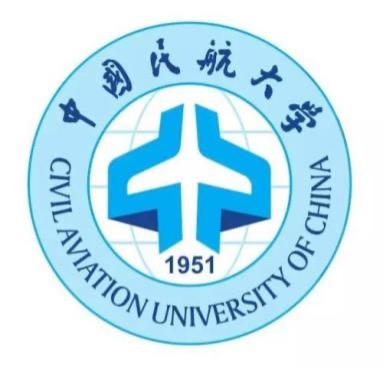


Supported by: HK SAF Alliance, Cathy Pacific Airlines
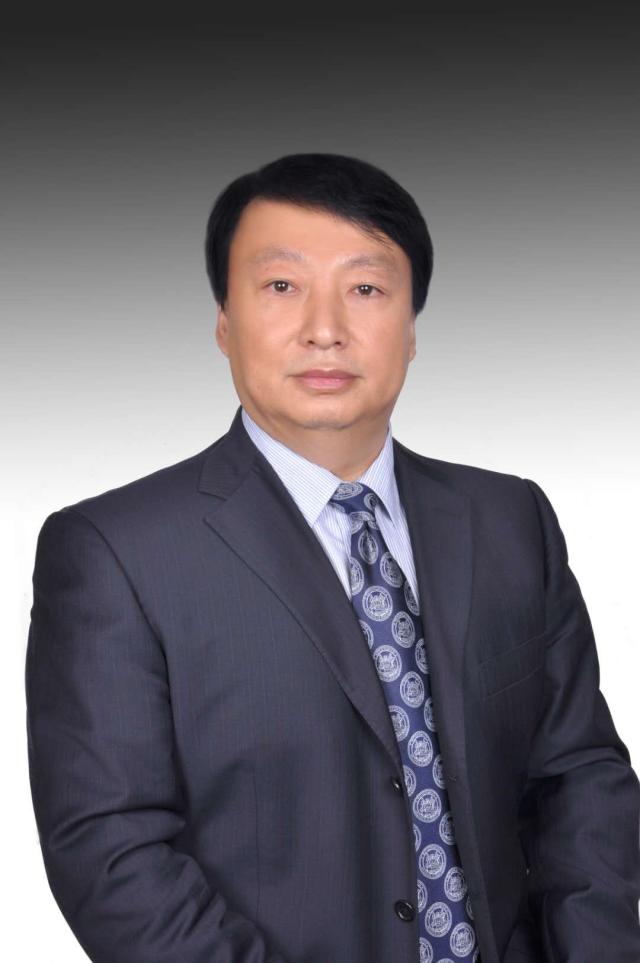 Chair
Chair
Shuiting DING
President, Professor
Civil Aviation University of China
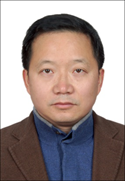 Co-chair
Co-chair
Zuxi XIA
Vice Director
The Second Research Institute of CAAC
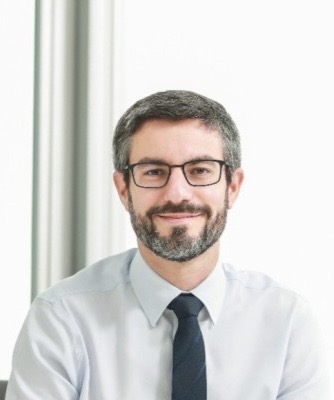 Co-chair
Co-chair
Fabrice Espinosa
Founder & CEO
Asia Sustainable Aviation Fuel Association
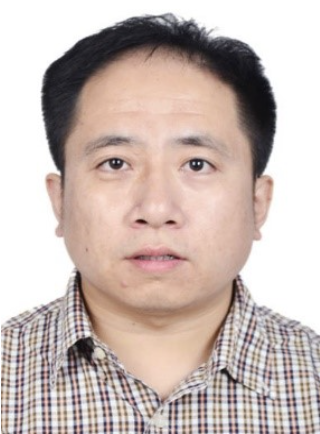 Executive Co-chair
Executive Co-chair
Xiaojun YANG
Professor
Beihang University
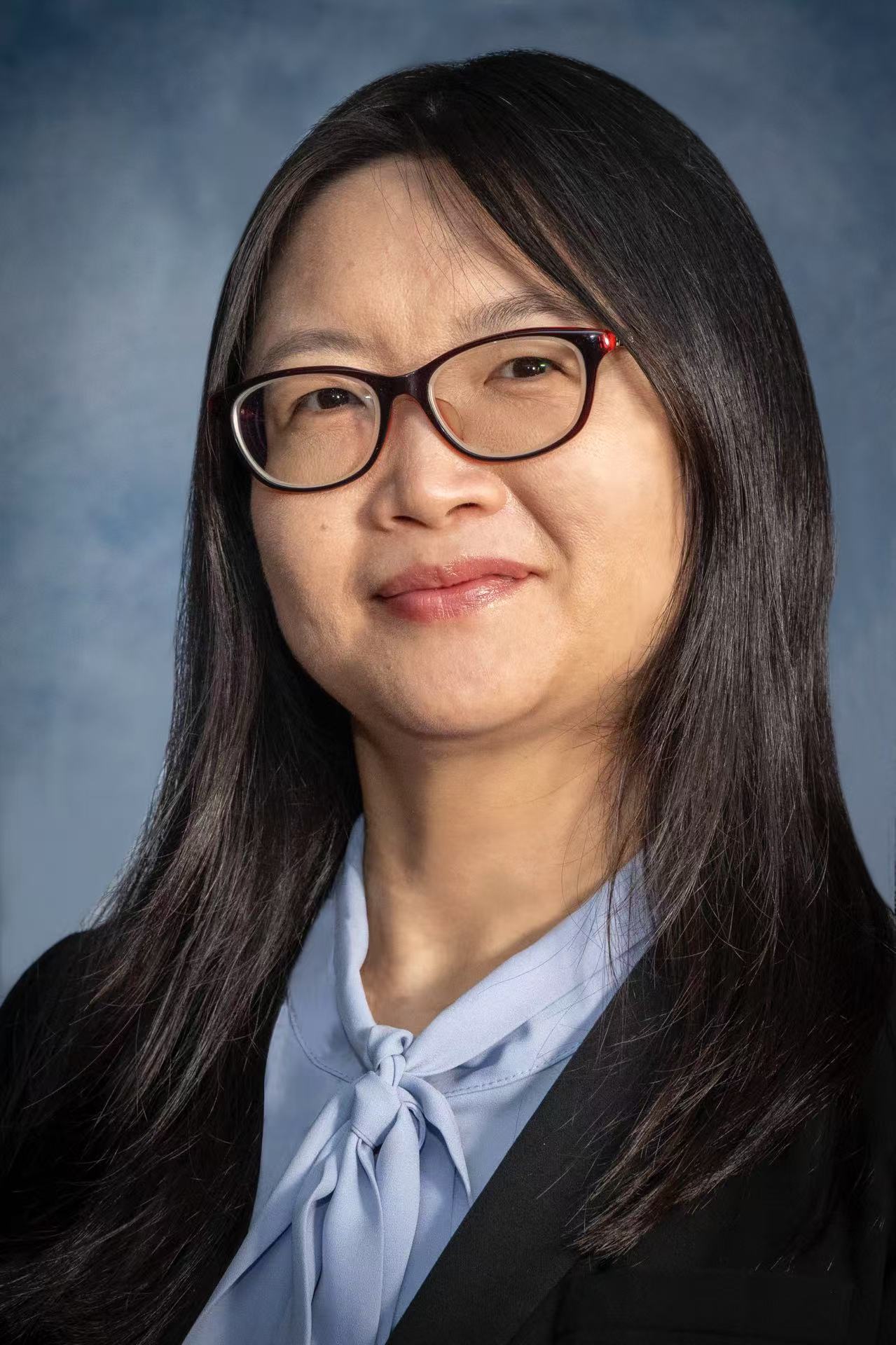 Executive Co-chair
Executive Co-chair
Jinxia FU
Chief Scientist
The Second Research Institute of CAAC
Sustainable aviation fuel (SAF) defined as aviation fuels derived from renewable resources or wastes that have obtained both safety and sustainability certifications. With the full life cycle emission reduction up to 80% or more, SAF has emerged as a pragmatic energy solution to deep decarbonization of the aviation industry by the mid of 21st century. Given its pivotal role in the industry’s low-carbon transition, SAF has garnered widespread attention from governments and the global aviation sector alike. Nevertheless, the large-scale promotion and application of SA faces prominent constraints across three core dimensions: safety, sustainability, and economics. To address these challenges and advance industry collaboration, the ICGA 2025-SAF Forum has been organized. It will focus on SAF policy, feedstock, process, safety certification, sustainability certification, price & market and supply chain. Experts and scholars from domestic and foreign enterprises, R&D institutions, universities and government agencies will be invited to share their latest research progress and insights of the industry. The forum aims to promote the exchange of information, accelerate SAF industry chain integration, facilitate R&D progress, expedite validation and application of SAF.
Topics cover:

Organized by: Northwestern Polytechnical University
Co-organized by: AVIC Composites Co., ltd;
Zhonghangshangda Superalloy Company



Supported by: HEXAGON
.jpg)
 Chair
Chair
Marco AMABILI
Professor
Westlake University
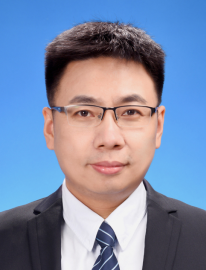 Co-chair
Co-chair
Jihong ZHU
Dean of Graduate School, Professor
Northwestern Polytechnical University
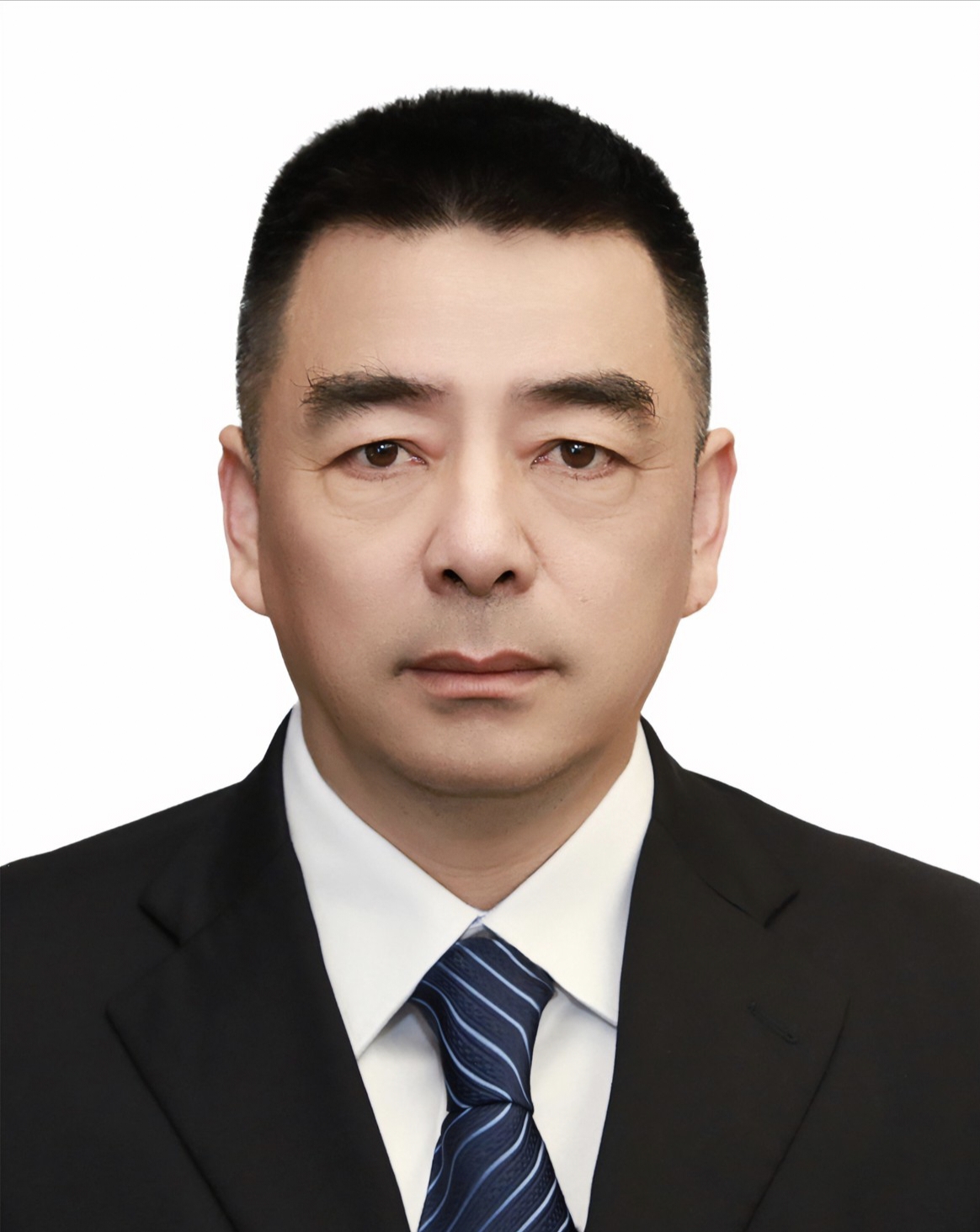 Co-chair
Co-chair
Yan GAO
Vice President
AVIC Composites Co., ltd
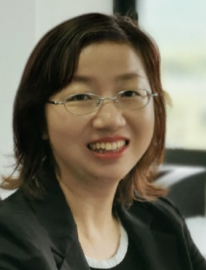 Excecutive Co-chair
Excecutive Co-chair
Manyu XIAO
Professor
Northwestern Polytechnical University
The Green Aviation Smart Structure and Manufacturing Forum at the Third International Green Aviation Conference aims to explore the cutting-edge advancements in multi-scale computational mechanics and optimization, composite materials dynamics, additive manufacturing, and intelligent materials for structural optimization. This forum brings together leading experts to discuss the latest research and innovations in these fields. Participants will delve into the analysis of multi-scale dynamic properties of composites, the optimization of design and manufacturing processes for additive manufacturing, and the integration of smart materials into aircraft structures. The goal is to foster interdisciplinary collaboration and identify solutions that promote sustainable, efficient, and advanced green aviation technologies.
Topics cover:

Organized by: School of Aeronautic Science and Engineering, Beihang University

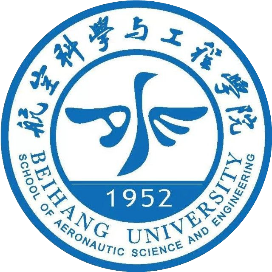
Supported by: School of Aeronautic Engineering, Zhengzhou University of Aeronautics

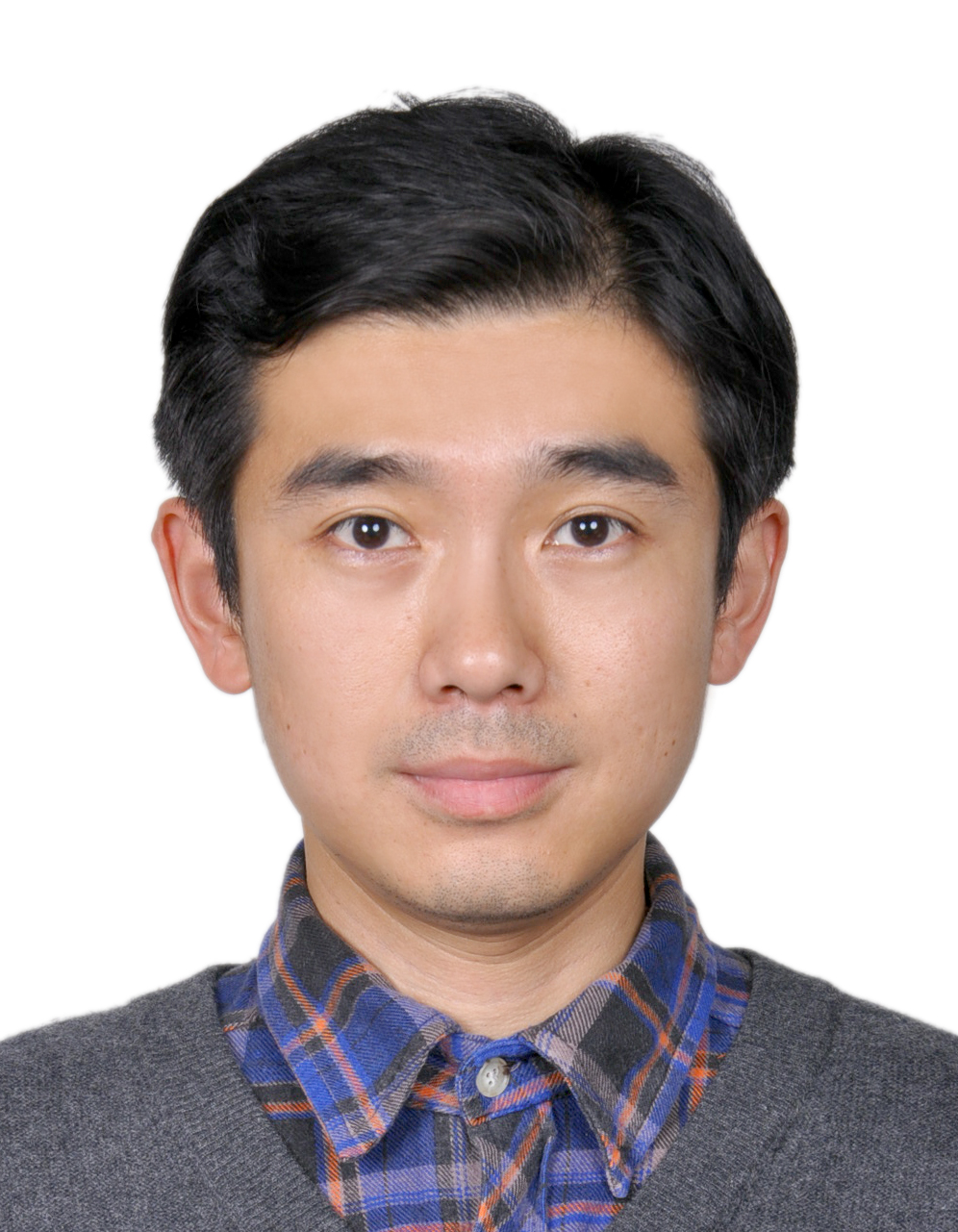 Chair
Chair
Chong PAN
Dean, Professor
Beihang University
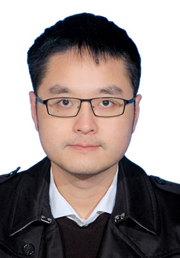 Executive Co-chair
Executive Co-chair
Bingjun ZHU
Director of International Cooperation Office, Associate Professor
Beihang University
The Aviation Digitalization and Intelligence Forum brings together industry experts, researchers, and innovators to explore the transformative impact of digital and intelligent technologies on aviation. This forum delves into the latest advancements in digital engineering, including AI-driven design and model-based systems development, which are reshaping aircraft development and operational efficiency. Discussions will also highlight the role of digital twins and high-fidelity simulations in optimizing aircraft performance and maintenance. Additionally, the event examines next-generation aviation training solutions, from advanced flight simulators to AI-enhanced learning systems that enable personalized, data-driven pilot education. By fostering collaboration and knowledge exchange, this forum aims to accelerate the adoption of cutting-edge digitalization and intelligent technologies across the aviation ecosystem, paving the way for smarter, safer, and more efficient air travel.
Topics cover:

Organized by: School of Transportalion Science and Engineering, BUAA
Co-organized by: AVIC Xi'an Flight Automatic Control Research Institute


Supported by: Volar Ltd, CSAA Technical Committee of Electric Aircraft, CSAA Technical Committee of Flying Car
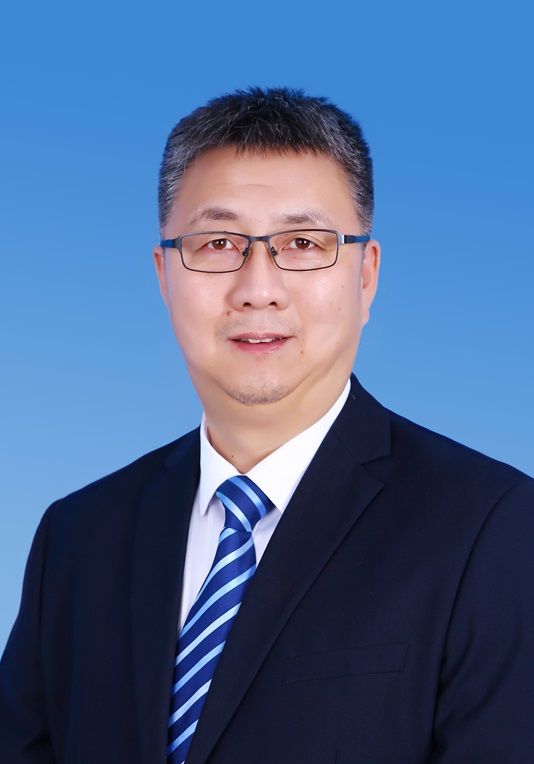 Chair
Chair
Shichun YANG
Professor
Beihang University
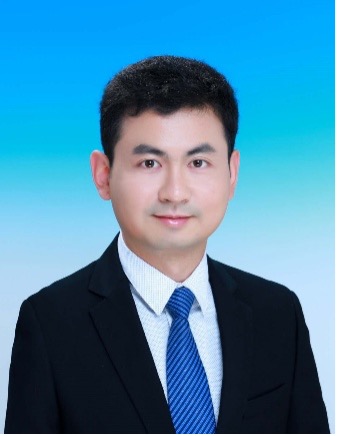 Co-chair
Co-chair
Min MIN
Executive dean, Associate Researcher
Beihang University
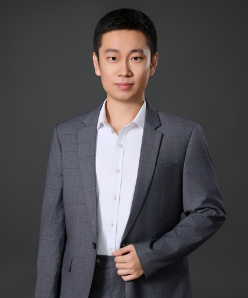 Executive Co-chair
Executive Co-chair
Mingkai WANG
Associate Professor
Beihang University
The forum focuses on transformative electric vertical takeoff/landing (eVTOL) and flying car innovations. These advanced air mobility solutions promise to revolutionize urban and regional transport by offering congestion-free, point-to-point travel with low noise and emissions, utilizing vertical takeoff/landing capabilities for urban rooftop/helipad operations. Key challenges include proposing energy-efficient configurations and propulsion systems for longer ranges, flight system dynamics modelling/control/planning for better flying quality and ride comfortability, and improving safety/reliability by system engineering and airworthiness technologies. Regulatory frameworks for airspace integration are also critical. Bringing together industry experts and researchers, the forum facilitates exchanges on technological breakthroughs and collaborative solutions. By addressing technical hurdles, participants aim to accelerate commercialization, driving a sustainable, accessible future where these innovative aerial vehicles complement traditional aviation, reshaping global mobility.
Topics cover:

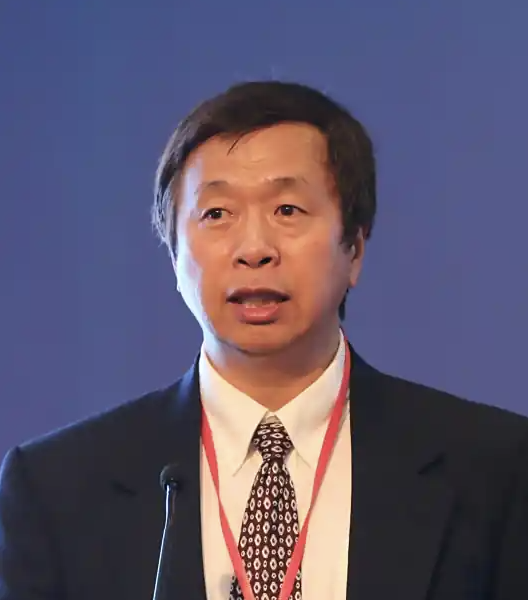 Chair
Chair
Weiping LI
Chief Scientist
Civil Aviation Flight University of China
This forum focuses on four core issues: global environmental governance and international cooperation, green finance and sustainable investment, green trade and green technology innovation, and green aviation assessment system and evaluation standards, and focuses on the regulatory and catalytic roles that the five key elements of investment, carbon tax, carbon market, green aviation product platform, and whole life cycle carbon footprint tracking play in promoting sustainable development of the aviation industry. Experts in the field of investment will analyze how carbon tax incentives and carbon market mechanisms can effectively guide capital flow to low-carbon technology innovation; green aviation product platforms will elaborate on their core function as a key hub in standardizing environmentally friendly solutions; and experts in certification and technology will emphasize that the cornerstone of building a credible carbon accounting system lies in a comprehensive lifecycle emissions tracking system. The four elements of market signals from tax and trade policies, targeted investment guidance, platform-based collaboration, and stringent regulatory mechanisms together constitute a regulatory ecosystem that will synergize efforts to promote the application of green aviation products and lead the industry's growth in line with global carbon neutrality goals.